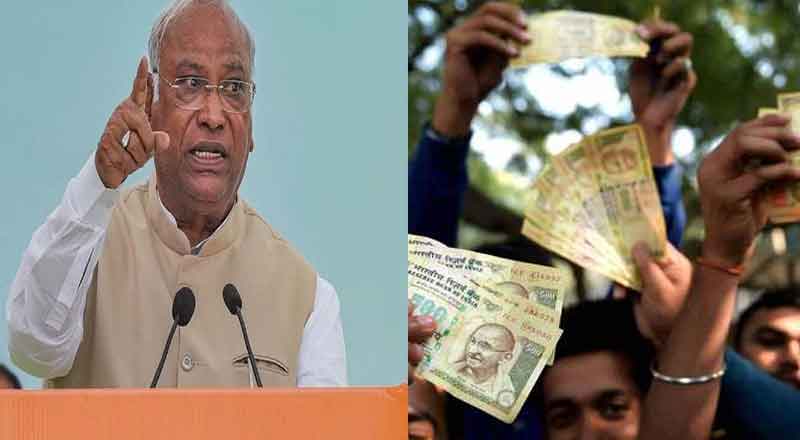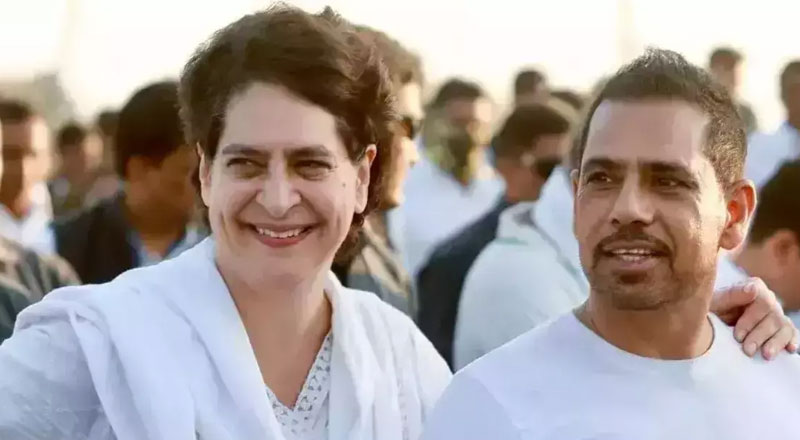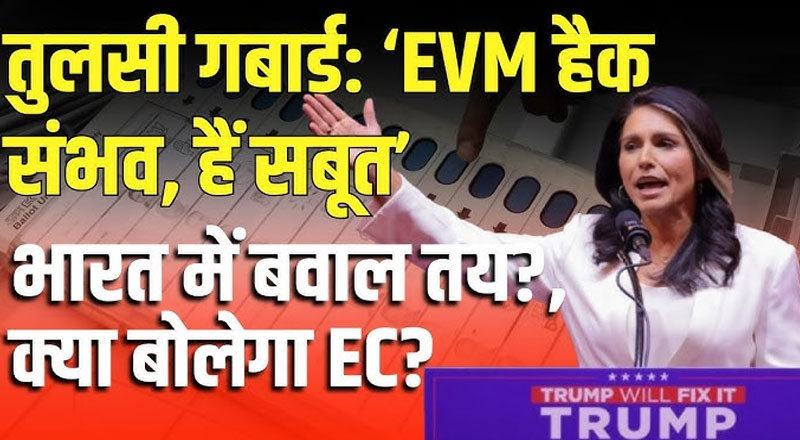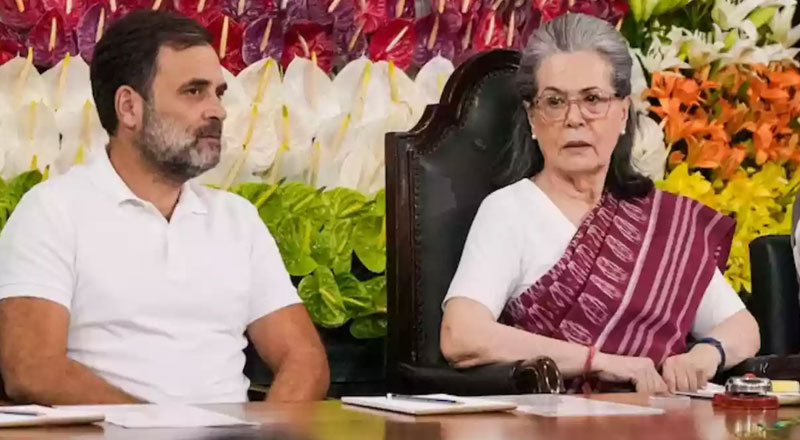- Congress president Mallikarjun Kharge slammed ‘demonetization’ on its 7th anniversary
- He claimed that it was the “biggest assault on India’s economy” from which the country had not yet recovered.
- Congress president Mallikarjun Kharge said the people of India badly battered and bruised on that fateful night of November 8, are still searching for answers.
- On 8 November 2016, the Indian government announced that ₹500 and ₹1,000 banknotes would no longer be legal tender.
- Opposition leaders claimed that the move had only disrupted the Indian economy and hampered its growth, while also leading to immense suffering for the common people.
- Congress MP Jairam Ramesh claimed that India’s GDP growth rate, which increased from 5.2% in 2011 to 8.3% in 2016, was sharply hit by demonetization that year and began to slow down until it reached 4% in 2019.
- There was no immediate reaction from the BJP to the opposition’s charges.
Congress president Mallikarjun Kharge slammed ‘demonetization’ on its 7th anniversary and claimed that it was the “biggest assault on India’s economy” from which the country had not yet recovered.
“Demonetisation was the biggest assault on India’s Economy and Livelihood! Indians are still nursing the wound of this mindless giant attack! 50 days is what Modi ji wanted… But 7 years down the line, people of India badly battered and bruised on that fateful night of November 8, are still searching for answers!” said Kharge in a post on X.
He also said that while the Prime Minister was “busy hobnobbing with his rich ‘Dear Friends’”, India’s poor and middle class were suffering. He put forward a number of questions on demonetization, including its impact on small businesses, India’s “growth story”, black money, and the deaths of 150 people that it allegedly caused.
On 8 November 2016, the Indian government announced that ₹500 and ₹1,000 banknotes would no longer be legal tender and must be exchanged for newly issued ₹500 and ₹1,000 notes. The Modi government said that this move would reduce black money and the use of counterfeit cash to fund illegal activities as well as accelerate India’s transformation into a cashless economy.
However, Opposition leaders claimed that the move had only disrupted the Indian economy and hampered its growth, while also leading to immense suffering for the common people. After the Reserve Bank of India (RBI) announced the withdrawal of ₹2,000 notes from circulation in May 2023, Opposition leaders claimed that this move was further proof of the failure of demonetization.
Congress MP Jairam Ramesh wrote on X, “Today is the 7th anniversary of the Modi-made demonetization disaster from which our country is still reeling. We need to recall and remind ourselves of what the PM inflicted on the Indian economy and on the daily livelihoods of crores of families.”
He said the decision “broke the back of the Indian economy and epitomized the unique combination of hubris, inhumanity, and economic illiteracy that is the hallmark of the Modi government”. He also compared it to the “unplanned, sudden” 2020 Covid-19 lockdown.
He claimed that India’s GDP growth rate, which increased from 5.2% in 2011 to 8.3% in 2016, was sharply hit by demonetization that year and began to slow down until it reached 4% in 2019, just before the pandemic. He also quoted a number of studies on the economic impact of demonetization, including one by the IMF which said that it had a “severe and long-lasting” impact on growth and a “disproportionate impact on the informal sector.”
Trinamool Congress (TMC) MP Derek O’ Brien claimed that demonetisation had been a “fraud” that India had been “burdened” with.
There was no immediate reaction from the BJP to the opposition’s charges.
(With inputs from agencies)





